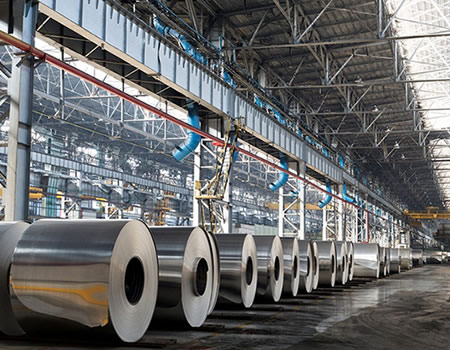Applications
Oil Industry
Produced Water Treatment and Sludge Dewatering
Yo-Tana Filter presses are crucial for the treatment of produced water and the dewatering of sludge generated during oil extraction and refining processes. Consider a scenario in an oil production facility where the goal is to efficiently treat produced water, separate impurities, and dewater sludge for responsible disposal.

Pain Points
- High Volume of Produced Water: Oil production processes generate a significant volume of produced water containing impurities that require effective treatment.
- Sludge Management Challenges: Sludge generated from produced water treatment processes needs efficient dewatering to reduce volume and facilitate disposal.
Our Yo-Tana filter press solutions
Efficient Produced Water Treatment
Yo-Tana Filter presses efficiently remove impurities from produced water, ensuring compliance with environmental regulations.
Reduced Environmental Impact
By treating produced water effectively, Yo-Tana Filter presses contribute to minimizing the environmental impact of oil production.
Optimal Sludge Dewatering
The use of Yo-Tana Filter presses in sludge dewatering results in the production of a dry cake, reducing the volume of sludge for disposal.
Yo-Tana Recommends
- Corrosion-Resistant Materials: Yo-Tana Filter presses designed with materials resistant to corrosion from chemicals commonly found in produced water.
- Membrane Yo-Tana Filter Plates with Oil Recovery: Integration of membrane Yo-Tana Filter plates for enhanced dewatering capabilities, allowing for the recovery of residual oil from the sludge.
- Automated Controls with Oil Content Monitoring: Advanced automation controls with oil content monitoring for real-time adjustment of filtration parameters, optimizing oil recovery and dewatering efficiency.
- Quick Cake Discharge System: A quick cake discharge system designed for fast and efficient removal of the dewatered sludge, minimizing downtime between filtration cycles.
- Closed System Design: A closed system design to prevent exposure of operators to potentially hazardous substances in the produced water and sludge.




